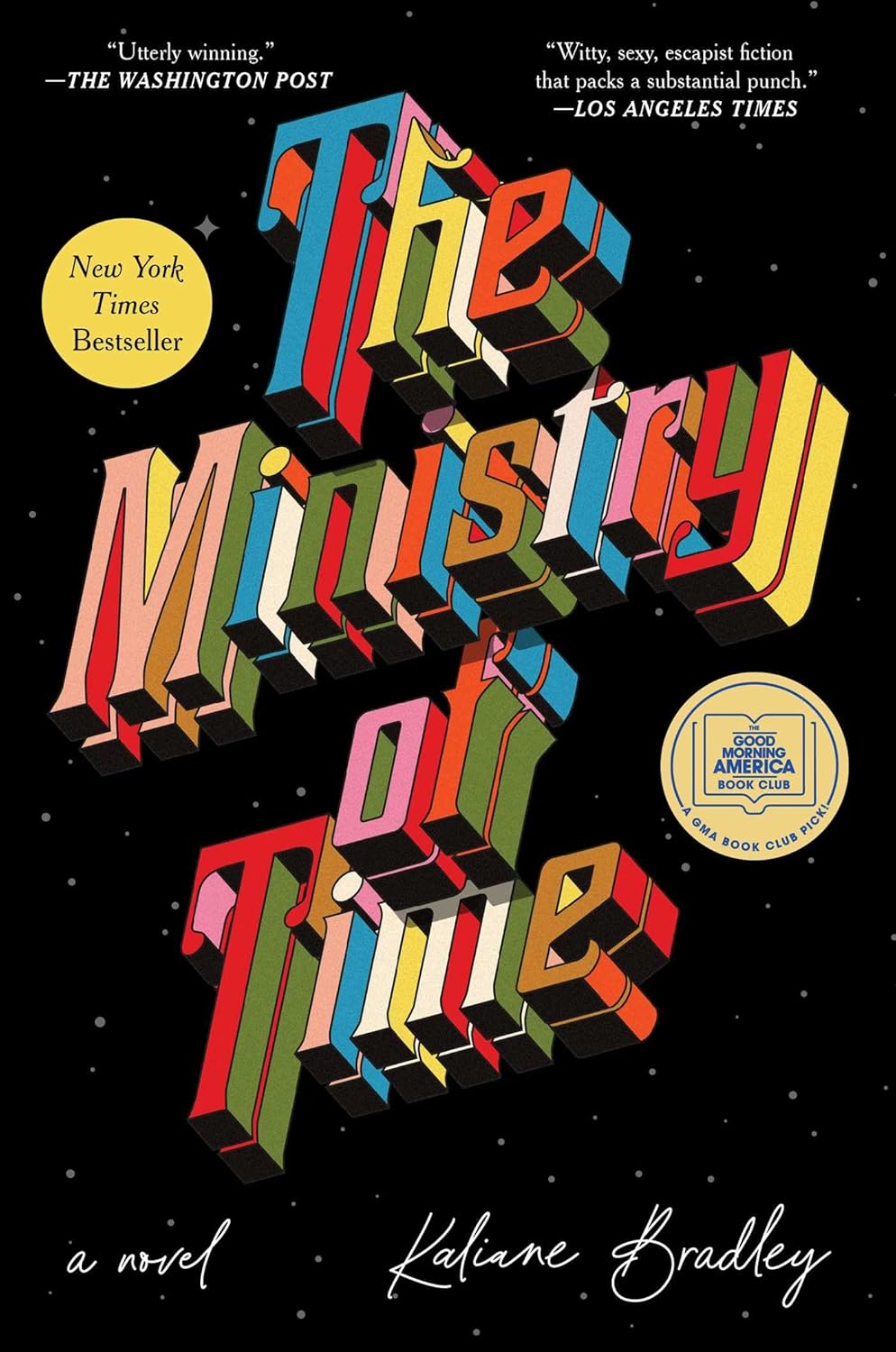Chapter 4
byChapter 4 unfolds during a summer marked by pivotal events that influence both the protagonist’s life and that of the expatriates. The chapter begins with a moment shared on bikes, where the protagonist’s companion reflects on the appeal of fast motorbikes, sparking a deeper, philosophical conversation about the nature of speed and the mundane reality they both face. This transition from a moment of exhilaration to the grounded nature of their everyday existence serves as a reflection on the contrast between desires and the routines that define their lives. The protagonist then finds themselves caught up in a troubling situation involving a colleague named Quentin, where a miscommunication via email leads to escalating tensions. Shortly after, a call from Vice Secretary Adela adds further strain, as it becomes clear that their project is under scrutiny, signaling potential complications and doubts over their work. These developments set the stage for broader challenges that the protagonist will have to navigate, both personally and professionally.
As the chapter progresses, there is a significant shift in the status of the expatriates, with travel restrictions being conditionally lifted based on their ability to pass a test demonstrating their understanding of contemporary life. This change creates a sense of hope among the expatriates but also brings into question their place within modern society. The protagonist is particularly concerned about Graham’s resistance to modernity, fearing that his disdain for contemporary culture might hinder their chances of acceptance in the larger world. Graham’s sense of alienation and refusal to adapt contrasts sharply with the broader desire for assimilation that the expatriates face. This juxtaposition of views highlights the central theme of displacement, as the expatriates struggle to reconcile their past with the present while grappling with the reality of fitting into a world that feels foreign to them. The tension between holding on to one’s identity and adapting to external expectations becomes a focal point for the chapter, adding layers to the protagonist’s internal conflict.
Throughout the chapter, Graham’s ongoing struggle with modernity becomes more pronounced, with the protagonist observing his reluctant engagement with the Ministry and test preparations. Despite his resistance, Graham’s growth is evident as he starts to immerse himself in the process, albeit reluctantly. This internal battle highlights the complexities of cultural assimilation and the challenges faced by those who feel disconnected from the present day. Amidst this personal turmoil, social gatherings organized by Graham provide a necessary respite for the expatriates, boosting morale and offering a sense of community. These gatherings also reveal the deep cultural clashes within the group, as each expatriate brings their own set of expectations and baggage to the table. The burden of these expectations adds to the sense of displacement that defines their experience, and the tension between personal desires and the pressures of societal norms continues to grow.
One of the most notable scenes in the chapter occurs during a lecture soirée where the Ministry presents a dry, uninspired lecture, in stark contrast to the vibrant and lively presentations given by the expatriates. This juxtaposition of the sterile, bureaucratic environment with the dynamic, passionate energy of the expatriates reveals the gap between the outdated institution and the more innovative, free-spirited individuals. The expatriates’ presentations ignite a sense of camaraderie, as their shared experiences and vibrant personalities provide a stark contrast to the Ministry’s lack of inspiration. This moment underscores the tension between the past and present, with the expatriates symbolizing a more dynamic and adaptable approach to life, while the Ministry remains mired in its outdated, stifling structure. The contrast highlights the broader cultural and generational divide that runs through the expatriates’ experiences, offering a glimpse into the future they long to create versus the constraints imposed upon them by authority.
The chapter concludes with a dinner gathering that reveals the evolving dynamics among the characters, particularly Graham, Arthur, and Margaret, as their friendships continue to grow amidst their differing views on society. As the conversation shifts from mundane topics to deeper discussions, the humor and tension in their interactions reveal the complexity of their relationships. These moments of levity are tempered by the underlying weight of their situation, as they must navigate the delicate balance between personal desires and the suffocating government structure that controls their lives. This dinner encapsulates the fragility of their existence, highlighting how even moments of connection are shaped by the larger forces that govern their world. The reader is left reflecting on the fate of these characters, pondering how their personal struggles will unfold in the context of a society that demands conformity, leaving a lingering sense of uncertainty and anticipation for what is to come.

